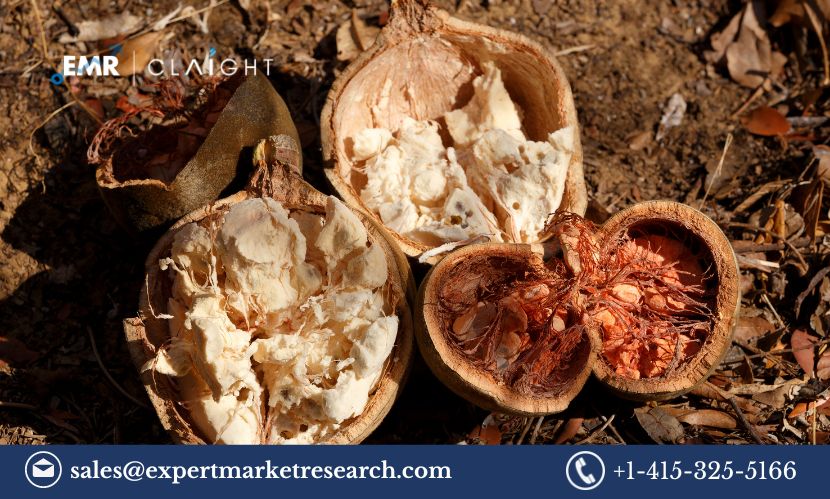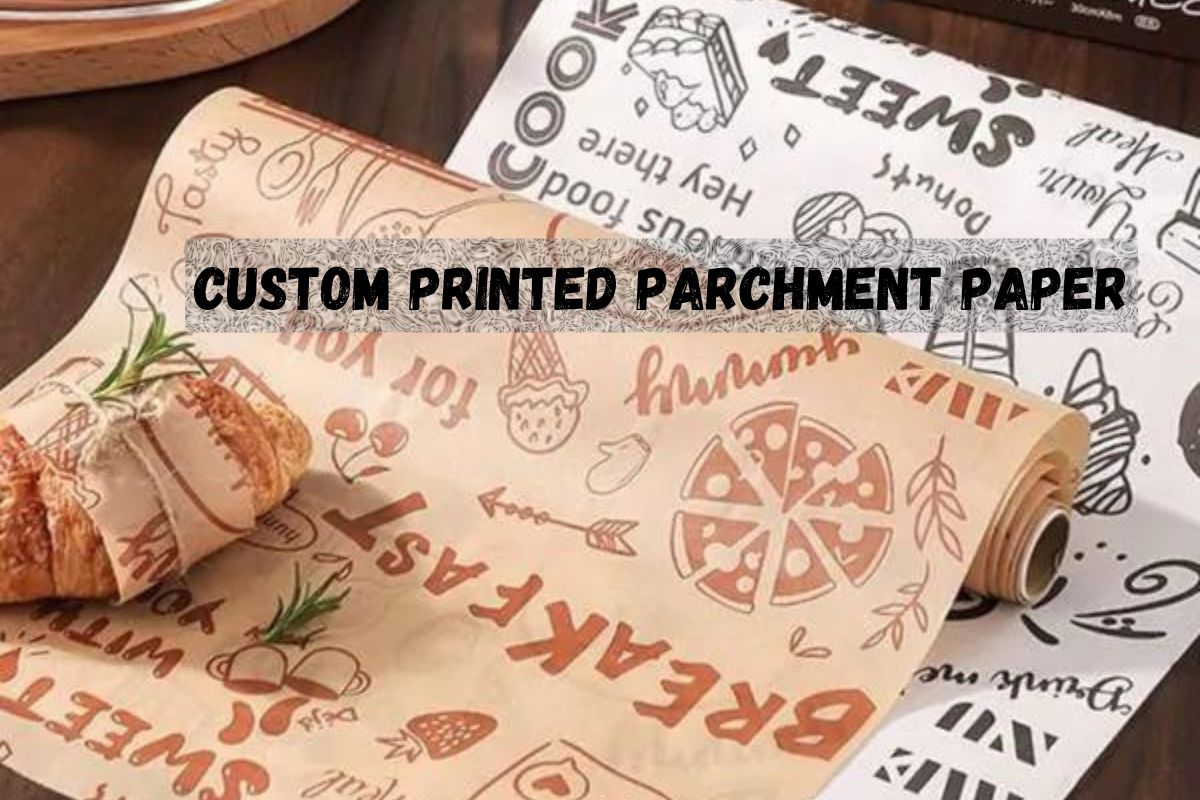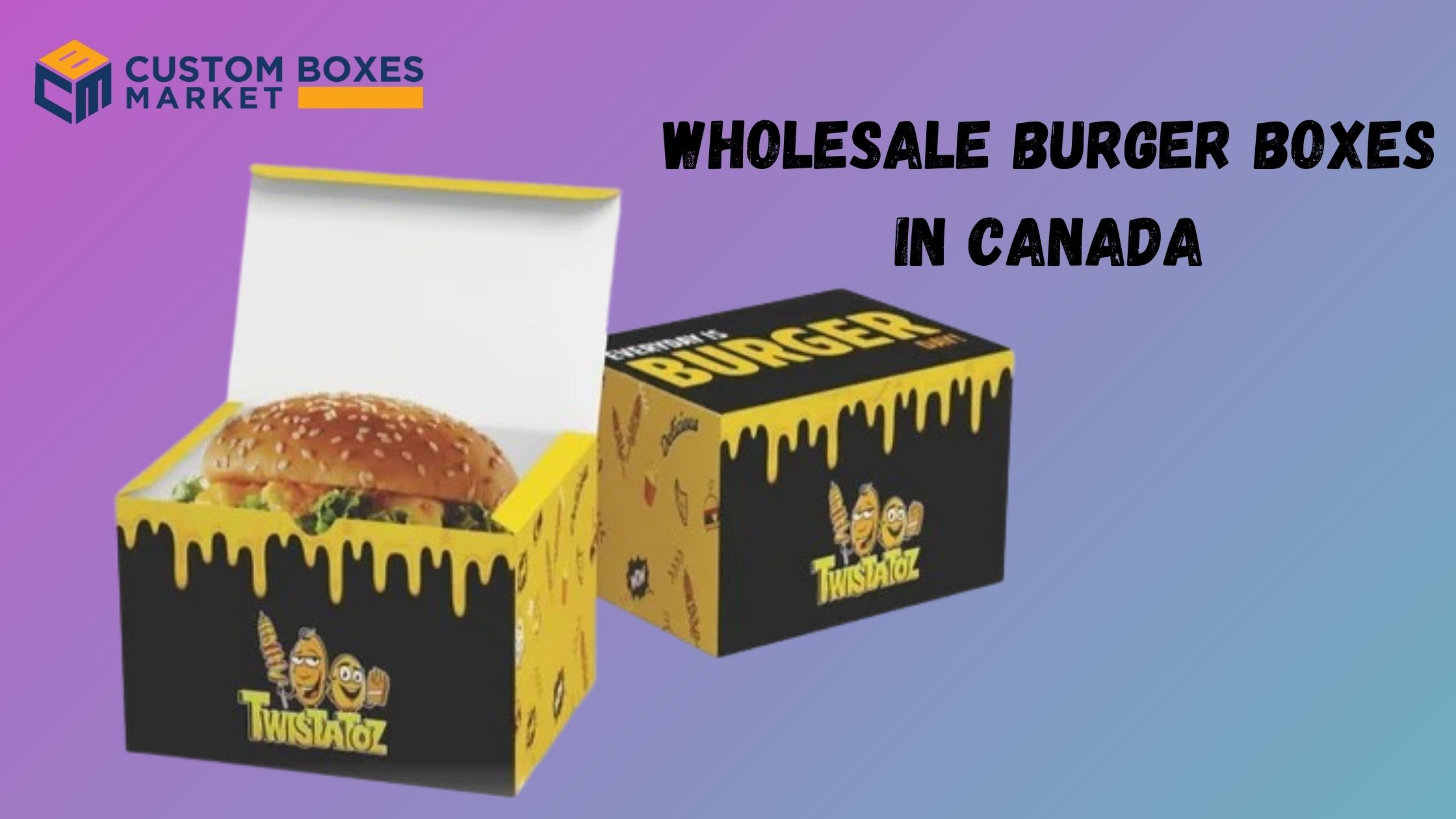Commercial refrigeration units are essential for foodservice businesses, ensuring the preservation of perishable goods and maintaining food safety standards. However, these systems can encounter various issues that may disrupt operations. Understanding common problems and knowing how to address them can help maintain the efficiency and longevity of your commercial refrigeration equipment. In this article, we will discuss some typical problems with commercial refrigeration and provide practical solutions for fixing them.
1. Temperature Fluctuations
One of the most common issues with commercial refrigeration is temperature fluctuations. This problem can compromise food safety and lead to spoilage.
Causes:
-
Faulty thermostats
-
Poor insulation
-
Blocked airflow
-
Refrigerant leaks
Solutions:
-
Check the Thermostat: Ensure the thermostat is set to the correct temperature and is functioning properly. Replace it if necessary.
-
Inspect Insulation: Check the door seals and gaskets for any damage. Replace worn-out seals to prevent cold air from escaping.
-
Ensure Proper Airflow: Clean the condenser coils and fans to remove dust and debris that might be blocking airflow. Make sure nothing is obstructing the vents.
-
Check for Refrigerant Leaks: Low refrigerant levels can cause temperature fluctuations. If you suspect a leak, contact a professional technician to inspect and recharge the system.
2. Ice Build-Up
Excessive ice build-up in commercial refrigeration units can hinder their performance and increase energy consumption.
Causes:
-
Frequent door openings
-
Faulty door seals
-
Inadequate defrost cycles
Solutions:
-
Minimize Door Openings: Train staff to open the doors only when necessary and to close them promptly.
-
Check Door Seals: Inspect the door seals for damage and replace them if needed to ensure a proper seal.
-
Adjust Defrost Cycles: Ensure that the defrost cycle is functioning correctly. If ice build-up persists, you might need to adjust the defrost settings or manually defrost the unit.
3. Unusual Noises
Unusual noises coming from your commercial refrigeration unit can indicate underlying issues that need attention.
Causes:
-
Loose components
-
Faulty fan motors
-
Compressor problems
Solutions:
-
Tighten Loose Components: Inspect the unit for any loose parts or panels and tighten them.
-
Check the Fans: If the noise is coming from the fans, they may need cleaning or replacement. Ensure they are free from obstructions and properly lubricated.
-
Inspect the Compressor: If the compressor is making strange noises, it might be failing. Contact a professional technician to diagnose and repair or replace the compressor if necessary.
4. Water Leaks
Water leaks in commercial refrigeration units can cause damage to the unit and surrounding areas.
Causes:
-
Blocked drain lines
-
Faulty door seals
-
Excessive condensation
Solutions:
-
Clear the Drain Lines: Check the drain lines for blockages and clear them using a stiff brush or compressed air.
-
Inspect Door Seals: Ensure the door seals are intact and replace any damaged seals to prevent condensation from escaping.
-
Control Humidity Levels: Use dehumidifiers or increase ventilation in the surrounding area to reduce excessive condensation.
5. High Energy Consumption
Commercial refrigeration units can consume a significant amount of energy, but unusually high energy bills can indicate inefficiencies.
Causes:
-
Dirty condenser coils
-
Poor insulation
-
Malfunctioning components
Solutions:
-
Clean the Condenser Coils: Regularly clean the condenser coils to ensure efficient heat exchange. Dirty coils force the unit to work harder, increasing energy consumption.
-
Check Insulation: Inspect the door seals and gaskets for wear and replace them if necessary to improve insulation.
-
Service Malfunctioning Components: Regularly maintain and service the refrigeration unit. Replace or repair malfunctioning parts to ensure the unit operates efficiently.
6. Compressor Issues
The compressor is a critical component of commercial refrigeration units. Problems with the compressor can lead to complete system failure.
Causes:
-
Overheating
-
Electrical issues
-
Wear and tear
Solutions:
-
Prevent Overheating: Ensure the condenser coils and fans are clean and functioning correctly to prevent the compressor from overheating.
-
Check Electrical Connections: Inspect the electrical connections for any signs of damage or wear. Replace faulty wiring and components.
-
Regular Maintenance: Schedule regular maintenance with a professional technician to inspect and service the compressor, replacing worn parts as needed.
7. Power Issues
Power problems can cause your commercial refrigeration unit to shut down or function intermittently.
Causes:
-
Faulty wiring
-
Tripped circuit breakers
-
Power surges
Solutions:
-
Inspect Wiring: Check the wiring for any signs of damage or wear. Replace faulty wires and ensure all connections are secure.
-
Reset Circuit Breakers: If the circuit breaker has tripped, reset it. If it trips repeatedly, there may be an underlying electrical issue that needs professional attention.
-
Install Surge Protectors: Protect your refrigeration unit from power surges by installing surge protectors.
8. Poor Air Circulation
Adequate air circulation is vital for maintaining consistent temperatures and ensuring efficient operation.
Causes:
-
Blocked vents
-
Overloaded shelves
-
Faulty fans
Solutions:
-
Clear the Vents: Ensure that the vents are free from obstructions and that there is adequate space for air to circulate around the unit.
-
Avoid Overloading: Do not overload the shelves, as this can block airflow and cause temperature inconsistencies.
-
Service the Fans: Regularly clean and service the fans to ensure they are working correctly and providing adequate air circulation.
Conclusion
Proper maintenance and timely troubleshooting of commercial refrigeration units are essential for ensuring their efficiency, longevity, and reliability. By addressing common problems such as temperature fluctuations, ice build-up, unusual noises, water leaks, high energy consumption, compressor issues, power problems, and poor air circulation, you can keep your refrigeration systems in optimal condition. Regular maintenance, prompt repairs, and professional servicing will help prevent costly breakdowns and ensure that your commercial refrigeration units continue to support your business’s needs effectively.




